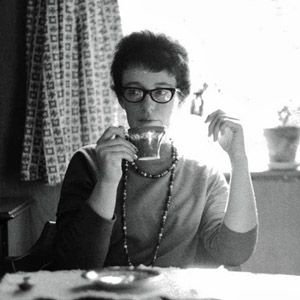A Quote by Lawrence Summers
But ultimately what I was impressed by during my years in government was how much the intellectual climate and the prevailing intellectual notions constrained and represented the universe within which the discourse took place.
Related Quotes
Shakespeare was an intellectual ocean, whose waves touched all the shores of thought; within which were all the tides and waves of destiny and will; over which swept all the storms of fate, ambition and revenge; upon which fell the gloom and darkness of despair and death and all the sunlight of content and love, and within which was the inverted sky lit with the eternal stars -- an intellectual ocean -- toward which all rivers ran, and from which now the isles and continents of thought receive their dew and rain.
Science is an intellectual journey, and to me, it's not the destination, it's the journeyto get there. It's a way of thinking and it's an intellectual curiosity, a desire to know how the world works, and to know what the fundamental principles of the world are, and to know our place in it. I think once we stop asking questions like "what is the age of the universe," or "how are the instructions of DNA carried out on a microscopic level," once we stop asking questions like that, we're dead.
Words of divine consciousness: moral exaltation; lasting feelings of elevation, elation, joy; a quickening of the moral sense, which strikes one as more important than an intellectual understanding of things; an alignment of the universe along moral lines, not intellectual ones; a realization that the founding principle of existence is what we call love, which works itself out sometimes not clearly, not cleanly, not immediately, nonetheless ineluctably.
The intellectual is not defined by professional group and type of occupation. Nor are good upbringing and a good family enough in themselves to produce an intellectual. An intellectual is a person whose interest in and preoccupation with the spiritual side of life are insistent and constant and not forced by external circumstances, even flying in the face of them. An intellectual is a person whose thought is nonimitative.
Instead of responding to these attacks with a vigorous intellectual counterpunch, many believers grew suspicious of intellectual issues altogether. To be sure, Christians must rely on the Holy Spirit in their intellectual pursuits, but this does not mean they should expend no mental sweat of their own in defending the faith
Arthur Schlesinger, Jr., in a mordant protest written soon after the [1952] election, found the intellectual "in a situation he has not known for a generation." After twenty years of Democratic rule, during which the intellectual had been in the main understood and respected, business had come back into power, bringing with it "the vulgarization which has been the almost invariable consequence of business supremacy.





































